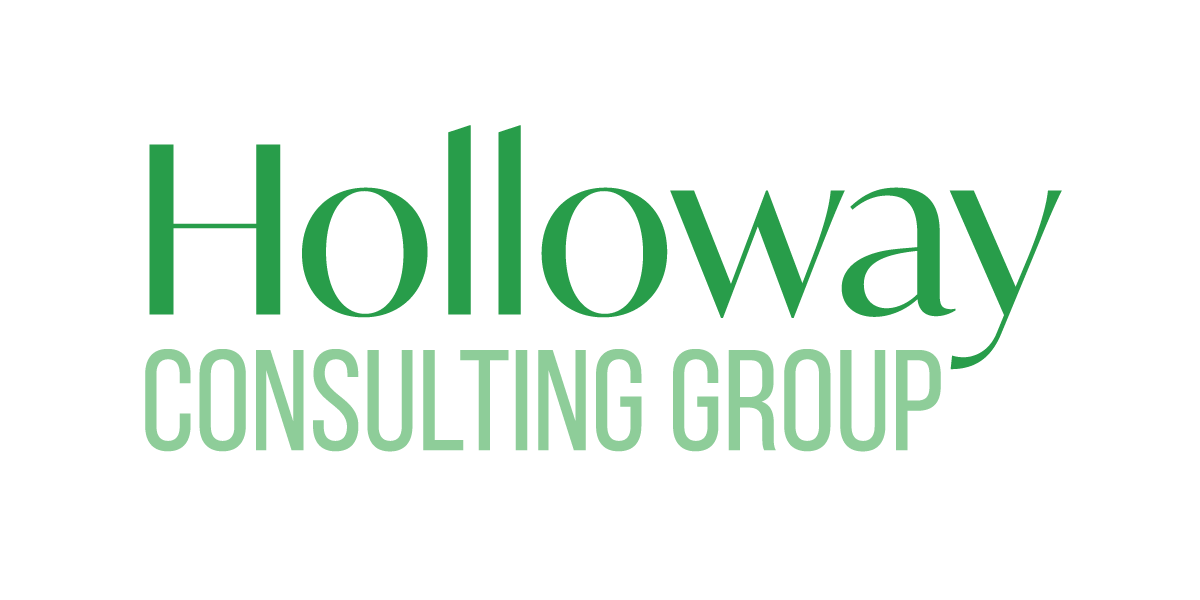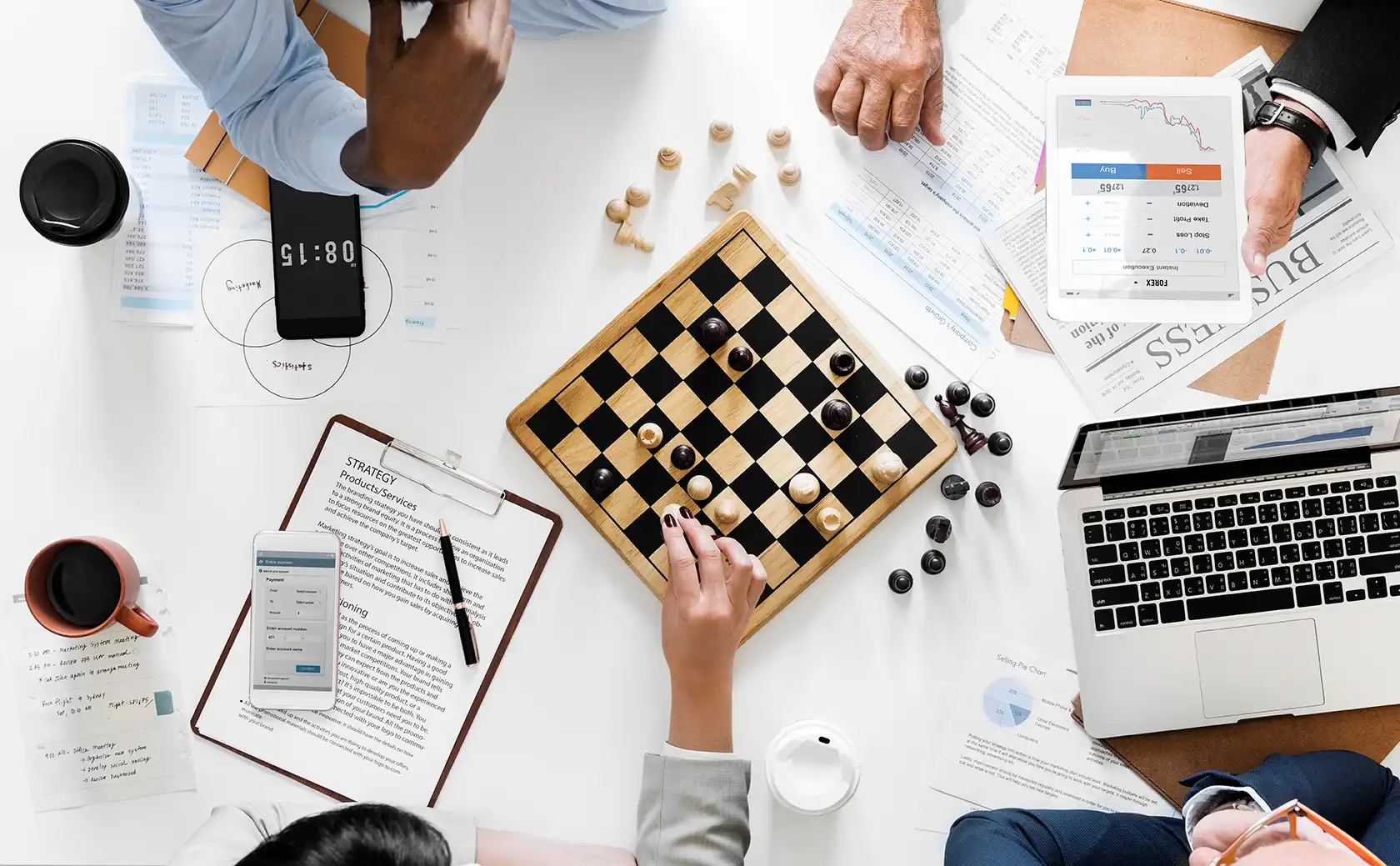Feedback is a gift. Honestly… I don’t always like unpacking it. When it comes to birthday presents, I love being surprised with the unexpected, but with feedback from clients, not so much.
If you do not get feedback. You do not grow. I am preaching to myself right now. It is easy to tell yourself that you know how your client feels. They like when you do this, and they do not like when you do that. So, you just need to work on what you think it is they do not appreciate about your service. This is an approach, but you will miss a lot in your internal translation by not having the conversation and getting feedback.
When do you ask?
Asking a client their thoughts at the end of an engagement can be too late. Maybe they are tolerating you until the deal is done. There is no reason to wait until a thing is over to pivot and course correct. The feedback loop needs to be continuous. A couple of good times to ask a client for feedback:
- Periodically, at the end of weekly conversations
- At the end of a major phase
- When something does not go so well
- At the end of the overall engagement
What do you ask?
At the end of one on one conversations:
How can I better serve you?
Is there anything that you expect that you do not see?
What is working well? What can we improve?
Sprinkle these into your conversations. Do not ask these all at once. This is purely to get a sense of how you can better serve your client.
What do you ask at the end of a project?
What went well with the project? What didn’t go well?
What did you expect that you did not see?
Did this delivered service/product meet your expectations?
What do you ask at the end of the overall engagement?
On a scale of 1-5 did this relationship meet your needs?
What one thing would you have changed about the relationship to make things better?
What do you do with the feedback?
Once you open the gift, what do you do with it? I treat it like a SWOT exercise. Remember – Strengths Weaknesses Opportunities and Threats. Ask yourself – how do I leverage my opportunities and mitigate/minimize my threats? For each piece of positive feedback, I ask myself, how do I keep this up? For example, my client says they always feel informed about what I am working on. That’s great; the weekly report is working as designed. I need to continue to prioritize that. However, if they had said, I am never quite sure what you are focused on; it feels like you are all over the place. As I get to the root cause of that statement, I might determine that I need to provide a mechanism that clearly spells out my efforts for a specific time period and how I can better communicate.
Getting clear feedback is often an exercise in trust. The more your client trusts that you are a partner who has their best interest at heart, the more clearly they will communicate. The more your client trusts that you can receive feedback and not be defensive or self-justifying, the more clearly they will communicate.
So go ahead and unpack the feedback. The better you get at receiving it and addressing it, the more delightful the gifts will eventually be.




